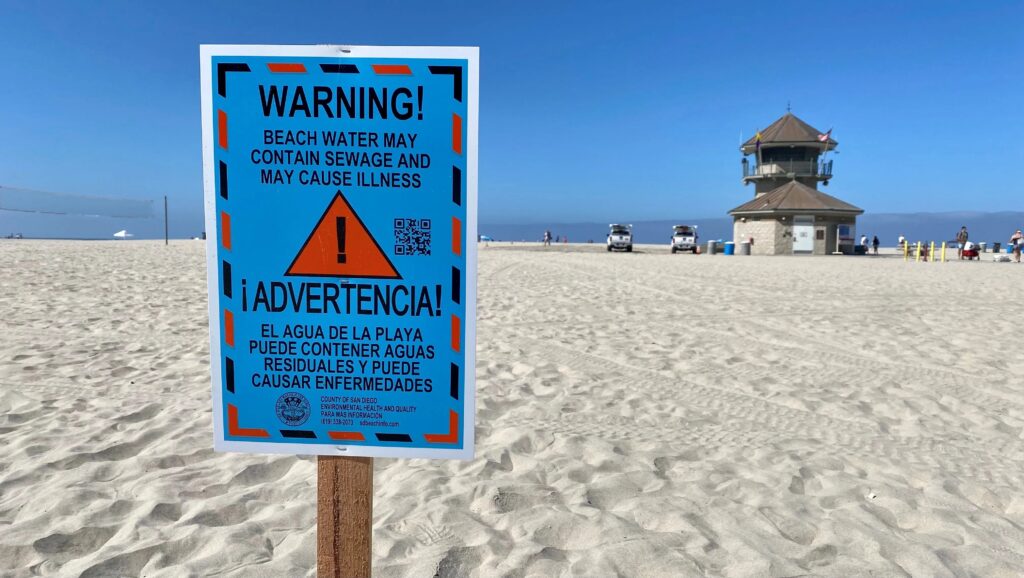02/07/2024
02/07/2024

NEW YORK, July 2: Several states have closed beaches to swimmers in recent days due to elevated levels of bacteria in the water, posing health risks to beachgoers.
In Massachusetts, the Department of Public Health (MDPH) reported closures at 37 beaches as of Monday afternoon due to "bacterial exceedance." High levels of fecal bacteria were detected, prompting warnings against swimming or entering the water to prevent potential illness.
Meanwhile, in Coronado, California, three beaches have been closed since June 26 due to bacteria levels exceeding health standards, according to the San Diego County's Department of Environmental Health and Quality. These closures are typically linked to sewage or chemical spills.
In New York's Suffolk County, an advisory was issued last week against bathing at 63 beaches due to increased bacteria levels caused by heavy rainfall and stormwater runoff.
Officials in Massachusetts identified the bacteria as enterococci, commonly found in the intestinal tracts of warm-blooded animals, including humans. The presence of enterococci suggests possible contamination of water bodies by fecal waste, as noted by the U.S. Environmental Protection Agency (EPA).
Enterococci bacteria can cause various infections, including urinary tract infections and potentially severe conditions like blood infections and endocarditis, according to the National Institutes of Health.
Heavy rains following prolonged droughts can wash animal or human excrement into water bodies, including oceans, while overwhelming sewage systems may lead to untreated sewage contaminating the water.
Additionally, Massachusetts reported closures of two beaches due to high levels of cyanobacteria, also known as blue-green algae. Although not infectious themselves, cyanobacteria can produce toxins harmful to humans upon ingestion, causing symptoms such as headaches, stomach pain, and skin irritation.
In Michigan, four beaches were closed on Monday due to elevated levels of Escherichia coli (E. coli) bacteria, which typically inhabit the intestinal tracts of warm-blooded animals. While most strains are harmless, some can cause severe illness, including diarrhea and stomach cramps, according to the CDC.
Health officials advise the public to avoid swimming in waters that appear cloudy, discolored, or have a foul odor. They also caution against swimming near drainage pipes or if experiencing diarrhea, emphasizing water safety during periods of contamination.
For more information on beach closures and water safety, visit local health department websites and adhere to posted advisories.


